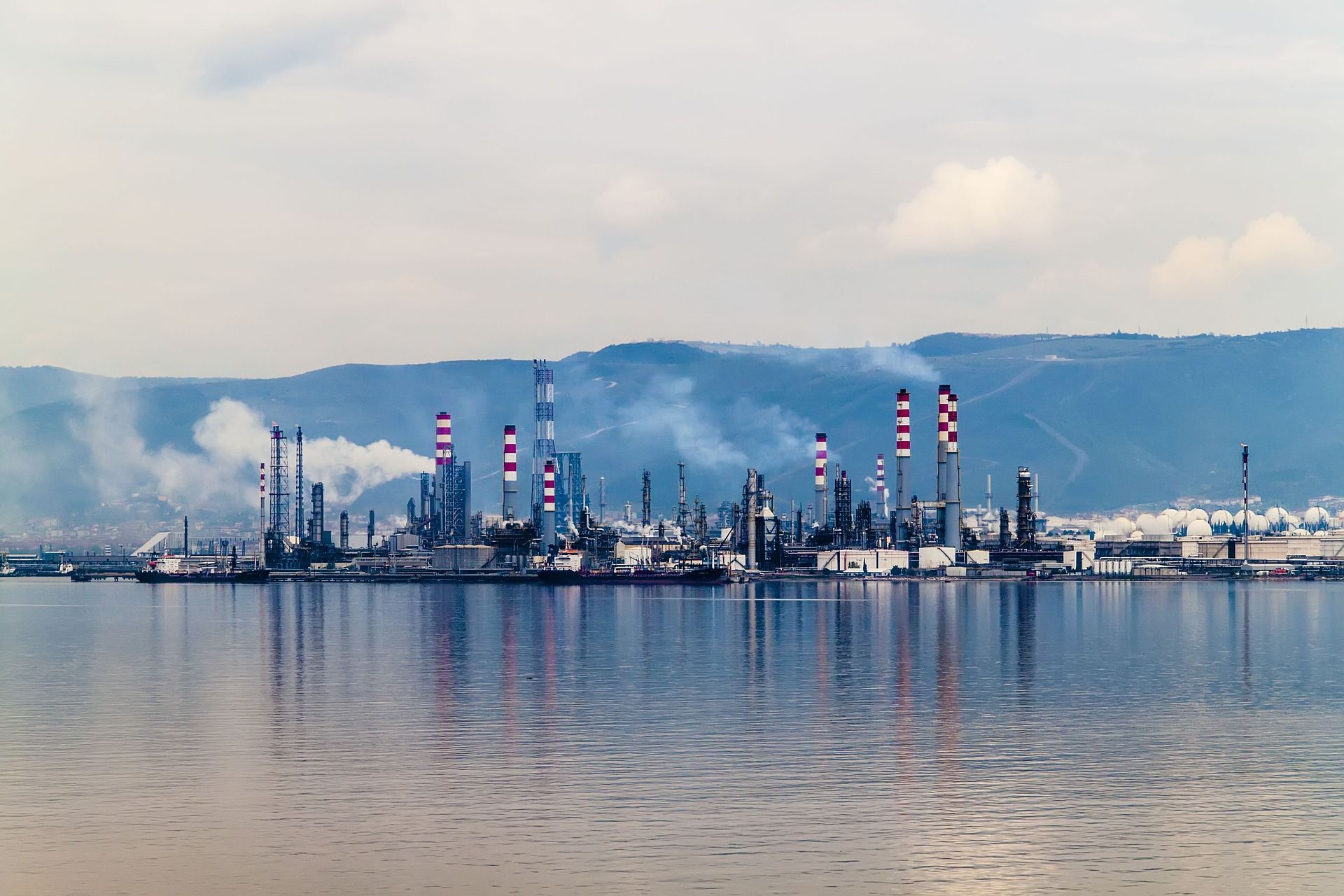Like everyone else, the gas industry wants answers on Brexit
Regardless of what you had voted for or what you want from Brexit, many can accept that it is the uncertainty of the process that is leading to the apprehension that can be sensed in Britain.
After hearing concerns raised by the agricultural sector, manufacturing and the food industry, it is now the turn of the gas security issue to be making headlines and demand what many others have been doing too, namely something decisive from the government and the end of the “Brexit interregnum” period.
A new report by Professor Michael Bradshaw at the Warwick Business School has highlighted risks to the UK gas security urging the government to not delay key long-term decisions. A series of stakeholder meetings took place on discussions over the impact of Brexit on the natural gas industry between the government, business, think-tanks and academics leading to this report. This is not just another example of scaremongering or an article serving to prohesize the failure of yet another service in the UK due to Brexit. The gas security issue is not one about a good going to a bad after Brexit but rather a bad going to a worse.
UK has been facing issues in the background with supply of energy, exacerbated by the closure of the UK’s biggest gas storage facility in 2017, called the Rough site, over safety fears.
In March 2018, the UK National Grid issued its first gas deficit warning in 8 years. A rise in consumption at the time was dealt with using extra supplies from mainland Europe and via ship in the form of liquefied natural gas, something that may not be possible post-Brexit.
But it wasn’t just the one spike caused by the ‘Beast from the East’ that led to the crisis. Instead, the UK has been facing issues in the background with supply of energy, exacerbated by the closure of the UK’s biggest gas storage facility in 2017, called the Rough site, over safety fears.
Currently, over 80 per cent of UK households rely on natural gas for domestic heating with a 42 per cent using it for electricity supplies. Even with such huge reliance, 50 per cent of the natural gas used in the UK is imported with this figure likely to increase in the 2020s when domestic production falls. Much of it is being provided by the EU Internal Energy Market (IEM). Once the UK has left the EU institutions, we will no longer be a member of the IEM therefore losing any ability to influence IEM strategies but still being affected by them. This could mean that after Brexit, consumers will find themselves paying more to continue to receive their supply as the UK energy suppliers compete in the global market for natural gas.
For further reductions, and to meet the climate change related targets, there will have to be reductions in the overall use of gas by the nation.
Investment in energy infrastructure may seem pragmatic to handle the issue in the long run however the government’s ambitious climate change-related goals serve as a disincentive for this. The switch from coal to natural gas in the 1990s already served to lower the carbon emissions in the UK by a large part. For further reductions, and to meet the climate change related targets, there will have to be reductions in the overall use of gas by the nation.
In this way, there were pre-existing challenges in the energy sector due to the increasing reliance on imports for natural gas, the need of decarbonisation due to the ever-increasing threats of climate change, and the ageing of assets. The report argues that we require investment in the sector to improve the flexibility of the system however Brexit serves as nothing but a distraction that unfortunately complicates the process even further. With the absence of any firm policy or decision from the government, the rising cloud of uncertainty only delays Britain’s much-urgently required response to this call for action. There is no clarity over the future of the climate change policy or the carbon trading process. The natural gas industry cannot correct the situation when the flaws lie in the government’s take on Brexit.
Professor Bradshaw has commented that “While Brexit is a complicating factor, responsibility for strategic leadership rests with the UK Government and we urge them to provide a clear roadmap for gas in the low carbon transition and to draw up a proper long-term gas security strategy”.
This report has overall highlighted not only the predicted cost of Brexit to one of the many sectors due to the uncertainty and later the unrest. It also gives us another example to show the opportunity cost hidden in the Brexit process depriving the country of the time, energy and attention required to solve the many problems in the country that also existed back in those days when Brexit was not a thing.

Comments